|
I was honoured to be invited to Maureen Partridge’s home, to share my message with her
“nearest and dearest”. I asked Maureen why this is so important to her: “After years of dealing with loss, lots of different losses—probably no more than anyone else—we really started to notice something. People were writing down instructions in the emergency room at the end of their life or shouting things from ambulances. We thought: This is CRAZY!!” I had spoken a few times with you, more about end of life things with parents. But it seems like the lesson for my husband and I this summer, was that we would like to leave people so they can just grieve instead of dealing with details and figuring things out in the last hours. Figuring things out in the last hour… it’s too stressful and it’s crisis-driven! It would be really lovely to have all the details in place so that people can just be sad, tell stories and enjoy memories rather than trying to crack codes and figure out what people would have wanted.” In Maureen’s career as a social worker, she has seen many families destroyed by grief. She adds: Even in our family, in some ways with some recent losses, no one ever discussed how things should be, so people have very strong opinions. It would have been really nice to know what the person who is gone would have liked. We do not get out of this alive and everyone is dealing with loss all the time! Grief is sometimes the price of living and loving, and it is worth it. And our hearts will heal if we take good care of ourselves and each other as we allow grief. And if we talk about, plan and prepare for grief, death and dying-long before it arrives- we can get to grieving and supporting each other…and suffer less. Thank you, Maureen, for helping to create a culture of change so that we can Live well, grieve well and die well. Plan your Life, Plan your Death, then just... Love Your Life to Death! (And always bring your own tambourine to the party!) Any stories to share?
6 Comments
It was such an honour to conduct a workshop at the HAAO (Hospital Auxiliary Association of Ontario) Conference in Toronto. Geordie and I met so many fabulous, caring, enthusiastic men and women who were there to learn and be the best volunteers that they could be.
I had the opportunity to sit with Dorothy Friske, HAAO Vice President (don’t you just love her groovy hair!), and asked her what being a member of the hospital auxiliary meant to her. She shared that she had been a volunteer for 43 years!! It is about giving back to the hospital and making things comfortable for the patients and the long-term residents. She adds: Don’t ever think there is nothing you can do, because there is. It might be as simple as going in to talk to somebody who may not have many visitors (or any!), working at the gift shop, or baking for the bake sale. And more volunteers are always needed everywhere!! I have worked in many hospitals over the years and I know from experience that, especially in chemotherapy, we could not function without our volunteers. I am so grateful and just love these selfless people. Where many others shy away from hospitals, the sick and the lonely, these outstanding volunteers are willingly giving of their time and of their hearts. Thank you from the bottom of my heart, to every volunteer everywhere, for being willing to show up for others. You make the difference. Has a hospital auxiliary volunteer impacted your life? Are you a volunteer? We would love to hear your story! We have loved our family cat Smokie for 15 years, since she was 8 weeks old. The cat people
will understand fully, and for the dog-only lovers… I love my cat as much as you love your dog. And I’m sure that’s a lot! I laugh at myself thinking back to taking Tyler to the animal shelter and explaining that we would just look and would not be adopting a pet. Yeah right! Tyler sat among the kittens and of course this little grey one played him well. She cuddled and purred and Tyler’s heart melted instantly. “Oh Mom, she loves me she really loves me. We just have to take her home.” And so we welcomed Smokie to our little family. She became Tyler’s constant companion and I love her for that! Geordie and I got together soon after, and married. When I had my miscarriage Smokie would not leave my side. We then had our twins Jadyn and Tanner. This intuitive cat was always watching out for them, especially when they were sick. When we would walk around the neighborhood she followed along, hiding behind every house. She’s a very funny and amazing cat. As I continue to learn and guide people to prepare for grief, death and dying long before it arrives, I realize that our furry friend is changing. She is not as active, she has lost weight (still a little chunky!) and just seems different. It may be nothing... but it may be something. Right now it’s just a feeling. But I wanted to take this time to talk to my kids about what I am sensing. I hope that Smokie lives for many more years, but if she doesn’t I want us to prepare and give her extra love and attention. So here I am letting everyone know how much I love this old "plump" cat and how special she is to our family. I am making sure that we are having extra cuddles (even though I get covered in hair). “Thanks for being the best cat ever, Smokie!” This is just another gentle reminder; even if your loved ones, children or pets are not ill or nearing end of life, give them lots of extra love each and every day! Do you have a special cat in your life?
When I think about the lessons that I have learned after 25 years of care giving for our son who has multiple and severe disabilities and now for my mother who is 92 and has care needs,
I feel that the first lesson that I had to learn, to be a long-term caregiver, was humility. I needed to learn that I could not look after the people I love all by myself. And that didn’t mean I did not love them. I needed people me to help me give care. That was a big lesson I had to learn in humility. The other big lesson was just to accept human frailty. I needed to accept who the people are that I’m caring for and that I couldn’t fix them and that it was OK to be who they were. That is a big moment, I think, that all caregivers need to come to—that you accept the person you love, for who they are, with all of their abilities and disabilities—particularly if a situation or condition continues to get worse every day. Those are the two big lessons in care giving that I’ve learned. And the icing on the cake is to be grateful for every moment that you have and to make a decision not to see your life as tragic. There has to be something to be grateful for every day. That’s not a Pollyanna idea, that's a real idea to survive a long-term care giving situation. It’s possible to have a good life AND be a long-term caregiver. Those are the lessons I’ve learned. Donna is a disability activist and author and consultant. For more information: Donna's Blog - THE CAREGIVERS LIVING ROOM or Donna's Book - THE FOUR WALLS OF MY FREEDOM |
Yvonne Heath is Canada's Proactive Living Consultant. She is a Speaker, Television Host, Award Winning Author Guest Blogs
Best Selling Author & Coach Ann McIndoo's Blog Yvonne's Guest Blog Life and Death Matters Archives
April 2023
Categories |
You are welcome to share this site and the content within it. Please include a credit to Love Your Life to Death. The information included on this website is for education only and does not replace specific legal or medical advice. Please refer to your health care provider and legal adviser for questions regarding your decisions.
Copyright 2024

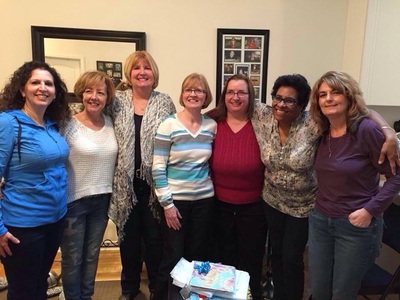
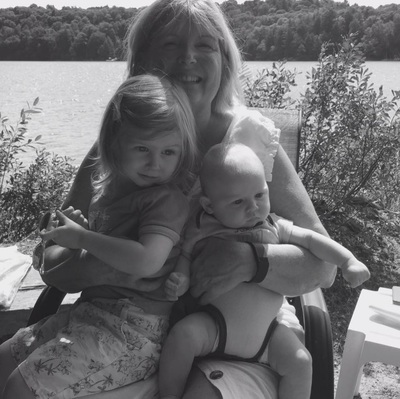
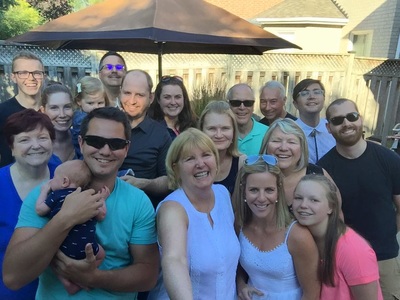

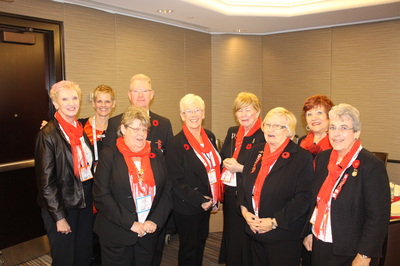
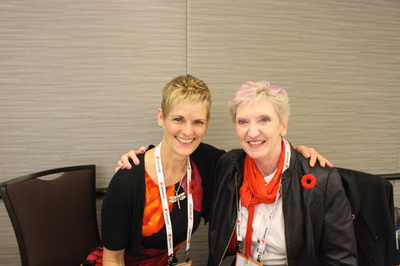
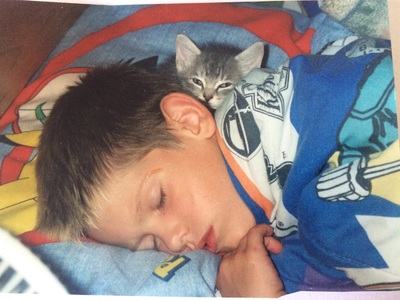
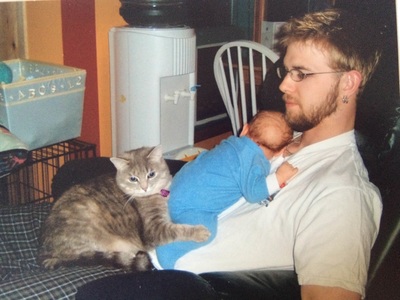
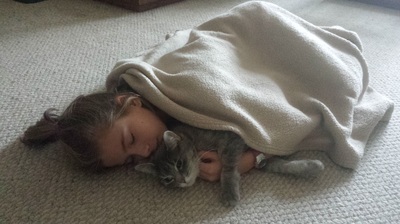
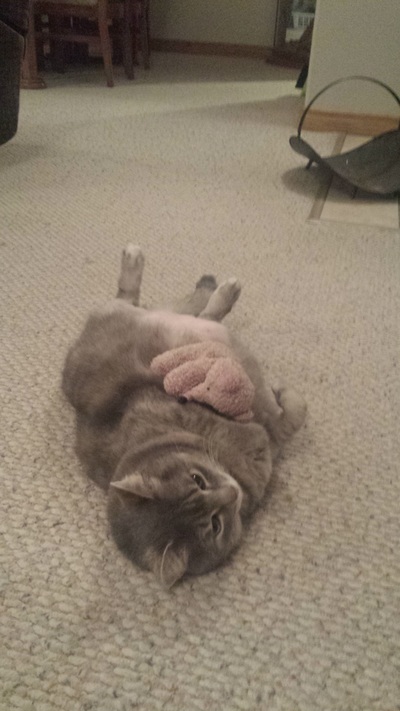
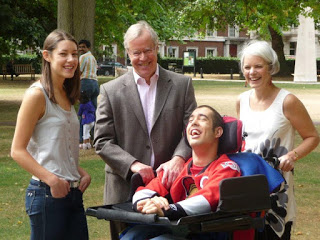
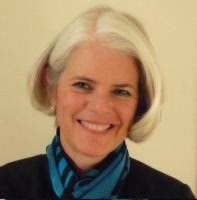
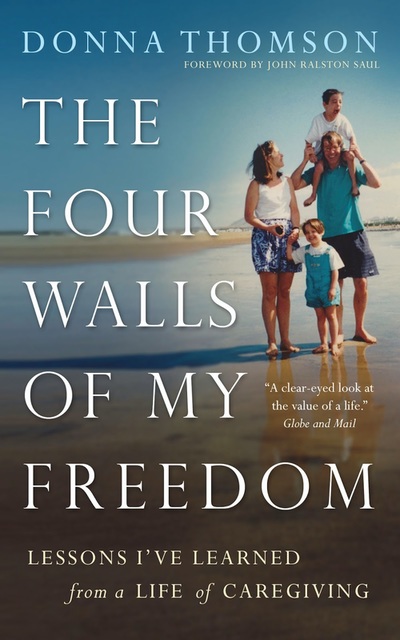
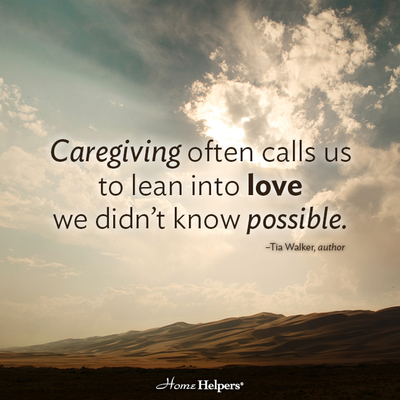







 RSS Feed
RSS Feed





